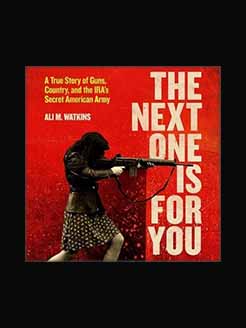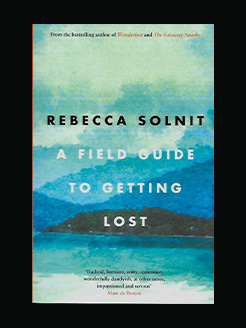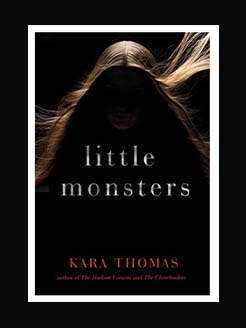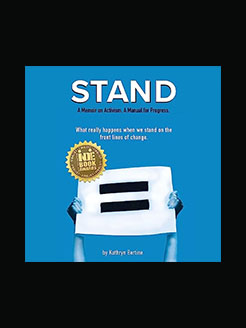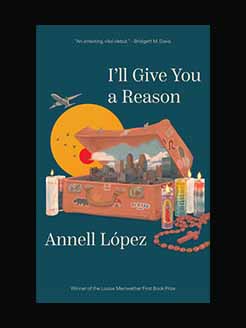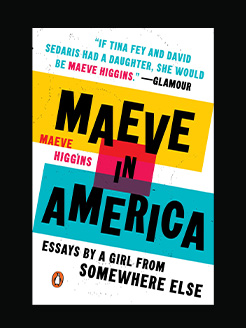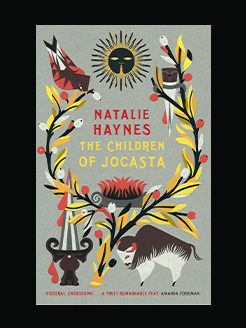Published in 2019
224 pages
Rachel Cusk is the author of nine novels, three non-fiction works, a play, and numerous shorter essays and memoirs. Her first novel, Saving Agnes, was published in 1993.
Saving Agnes won the Whitbread First Novel Award, The Country Life won the Somerset Maugham Award and subsequent books have been shortlisted for the Orange Prize, Whitbread Prize, Goldsmiths Prize, Bailey’s Prize, and the Giller Prize and Governor General’s Award in Canada. She was named one of Granta’s Best of Young British Novelists in 2003.
Rachel was born in Canada in 1967 and spent her early childhood in Los Angeles before moving to the UK in 1974. She studied English at Oxford and published her first novel Saving Agnes when she was twenty six, and its themes of femininity and social satire remained central to her work over the next decade. In responding to the formal problems of the novel representing female experience she began to work additionally in non-fiction. Her autobiographical accounts of motherhood and divorce (A Life’s Work and Aftermath) were groundbreaking and controversial.
Most recently, after a long period of consideration, she attempted to evolve a new form, one that could represent personal experience while avoiding the politics of subjectivity and literalism and remaining free from narrative convention. That project became a trilogy (Outline, Transit and Kudos). Outline was one of The New York Times’ top 5 novels in 2015. Judith Thurman’s 2017 profile of Rachel in The New Yorker comments “Many experimental writers have rejected the mechanics of storytelling, but Cusk has found a way to do so without sacrificing its tension. Where the action meanders, language takes up the slack. Her sentences hum with intelligence, like a neural pathway.”
What is this book about?
Agnes Day – sub-editor, suburbanite, failure extraordinaire – has discovered disconcerting gaps in her general understanding of the world. Terminally middle-class and incurably romantic, Agnes finds herself chronically confused by the most basic interactions. Life and love go on without her, but with a little façade she can pass herself off as a success. Beneath the fiction, however, the burden of truth becomes harder to bear.
